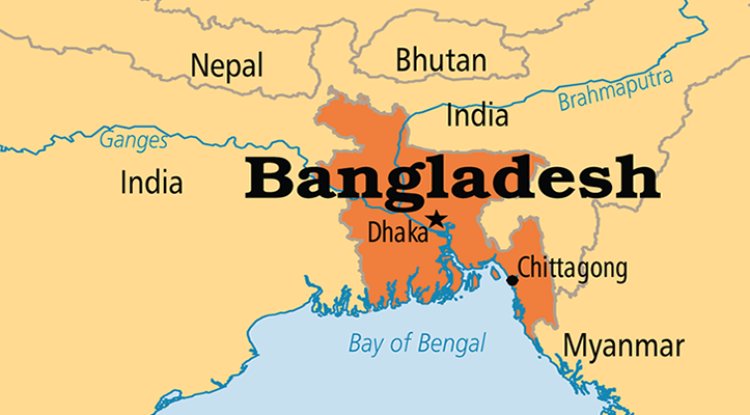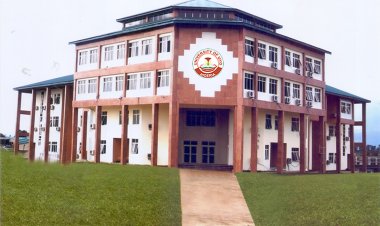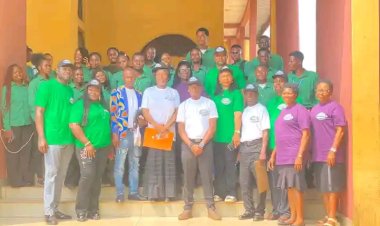Bangladesh Deploys Army Amid Deadly Student Protests and Curfew Enforcement
The government has responded with severe measures, including a nationwide internet shutdown, which has hindered communication and information dissemination.

Bangladesh has deployed military forces to manage escalating unrest in major cities following deadly student protests. The unrest, ignited by demonstrations against a controversial civil service quota system, has resulted in at least 115 deaths, with riot police clashing with protesters defying a government-imposed curfew.
On Saturday, troops were seen patrolling Dhaka and other cities, as the government struggled to control the situation. The curfew, effective from midnight, aims to restore order but has so far been unable to prevent further violence. Armed forces spokesman Shahdat Hossain confirmed the nationwide deployment, stating, "The army has been deployed nationwide to control the law and order situation."
The violence has severely impacted Dhaka, with streets almost deserted early in the day and further protests erupting later, particularly in the Rampura area. Protesters reported police firing live ammunition, resulting in injuries and fueling further unrest.
The protests, initially focused on opposition to a quota system favoring certain groups, have broadened to include demands for Prime Minister Sheikh Hasina's resignation. The unrest has seen significant violence, including the death of police officers and destruction of government property.
The government has responded with severe measures, including a nationwide internet shutdown, which has hindered communication and information dissemination. Major media outlets and government websites remain offline, further isolating the country amid the crisis.
IN CASE YOU MISSED:Taraba State University Releases Admission List for 2023/2024 Academic Session
Prime Minister Hasina, who had planned diplomatic trips to Spain and Brazil, canceled these visits due to the ongoing turmoil. The situation underscores the growing public frustration with the government’s handling of dissent and the broader political climate in Bangladesh.
Amnesty International condemned the response to the protests, labeling the rising death toll as a "shocking indictment" of the government's intolerance to dissent.





